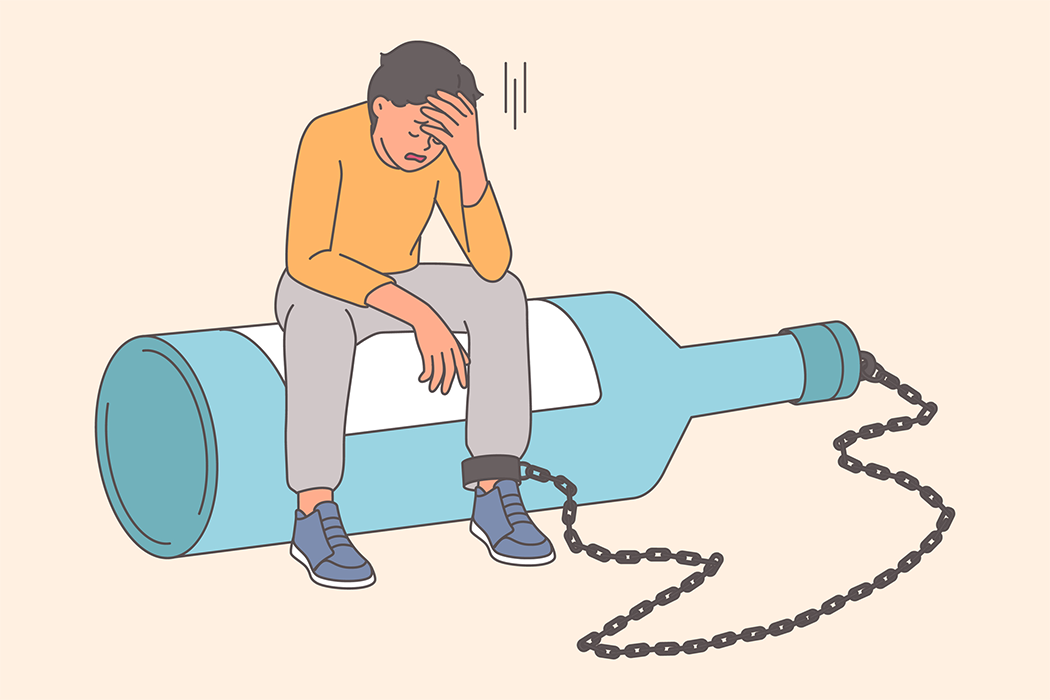Finding hope
At OMED24, two experts explored how J.R.R. Tolkien’s “The Lord of the Rings” mirrors real-life battles with addiction, while offering insights into empathy, recovery and the healing power of narrative medicine.
With over 150 million copies sold, J.R.R. Tolkien’s “The Lord of the Rings” is one of the best-selling books of all time. In this classic story, the struggle against darkness is as much an internal battle as it is an epic quest.
At OMED24, this theme was brought to life as James H. Berry, DO, an addiction psychiatrist, and Tolkien scholar Lisa Coutras Terris, PhD, explored how the forces that ensnare characters in Tolkien’s work mirror the real-world grip of addiction. By bridging the worlds of Middle-earth and modern medicine, they offered attendees a fresh perspective on how fantasy literature can inspire healing among patients suffering from substance use disorders.
Dr. Berry is an addiction psychologist with over 22 years of experience in addiction treatment and a professor and chair of the department of behavioral medicine and psychiatry at West Virginia University (WVU). Dr. Terris is an adjunct professor at WVU and is an international expert on Tolkien.
Bridging Middle-earth and modern medicine
The presentation emphasized the transformative power of storytelling in medicine. Dr. Berry explained that stories like Tolkien’s allow individuals to relate their personal struggles to larger narratives, helping them to contextualize suffering and envision a hopeful future.
“[There’s huge value] of story in various medias, whether it’s movies, books [or] poems in helping people appreciate the conditions they are in … and also to have a vision for the future, get through suffering and bring meaning to their lives,” Dr. Berry said.
For physicians, exploring literature with a narrative medicine lens can deepen empathy and understanding, fostering a healing connection between health care professionals and patients.
Powerful symbolism
Tolkien’s own experiences as a World War I veteran who fought in the trenches provided him with a profound understanding of trauma, despair and the human condition. Within “The Lord of the Rings,” the One Ring symbolizes the grip of addiction: Something that isolates, dehumanizes and, eventually, erodes the individual. Addiction, like the One Ring, drives people to act against their own values and instincts, fostering isolation and damaging relationships.
Dr. Coutras used in-depth textual examples to delve into Tolkien’s insight into the interplay of body and spirit, noting that addiction fundamentally undermines community. Addiction is inherently anti-community, as it drives individuals into isolation and away from meaningful connections, as seen through fictional characters Gollum and Frodo.
“We see addiction portrayed all throughout [Tolkien’s] stories, not just ‘The Lord of the Rings,’” explained Dr. Coutras. “… For Tolkien, addiction is both a spiritual temptation as well as a physiological or psychological disorder.”
A path towards recovery
While addiction can feel all-encompassing for both patients and clinicians alike, Drs. Berry and Coutras reminded attendees that choice remains a powerful element. Even in suffering, individuals have the capacity to choose a path toward recovery, especially when supported by hope and a compassionate community. Dr. Berry encouraged health care professionals to foster empathy and recognize the vulnerabilities that all humans share, whether they are patients or clinicians.
This full presentation and many more are available on the OMED24 On-Demand platform. Registrants can also access additional virtual educational content from 20 medical specialties through Dec. 31, 2024, and obtain up to 50 hours of CME credit.
Related reading:
Understanding the connection between ADHD and substance use disorder
Olympic water polo team physician shares insights on taking care of elite athletes
